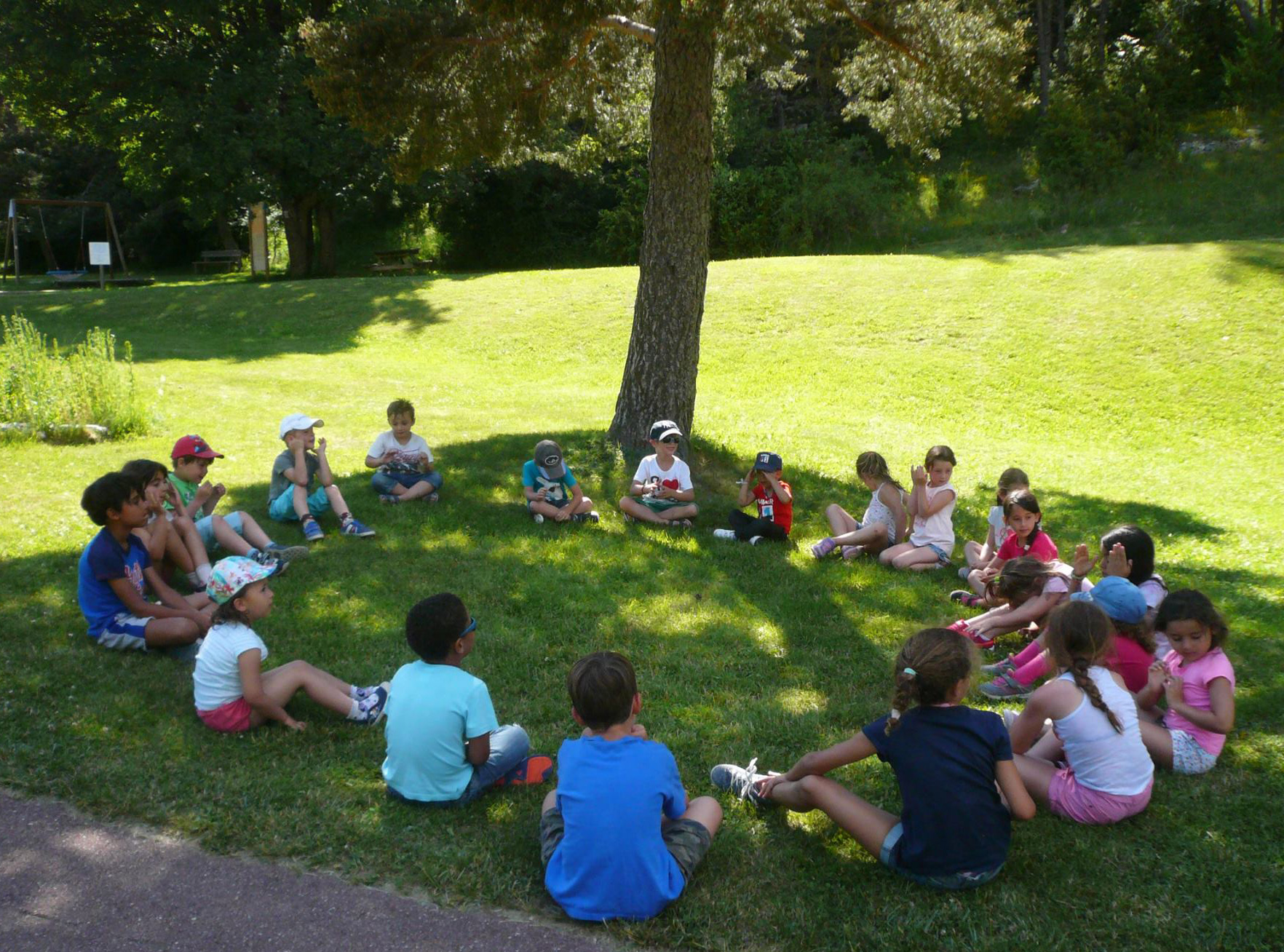Early bilingualism at IS Montpellier
Early bilingualism is the acquisition or learning of a second language in early childhood.
In order to implement early bilingualism, all classes at our private international school are taught bilingually; in English and Spanish in kindergarten and in French and English in elementary school.
Each class has two teachers who teach in their native language. Learning a foreign language at an early age helps develop better cognitive and linguistic skills and is a real factor in academic success.
Children in a bilingual environment develop better phonemic and phonological skills and significantly improve mental flexibility, attention and responsiveness throughout school. People who are bilingual from an early age learn other foreign languages more easily later on.
In practice, bilingual children generally demonstrate greater intellectual flexibility. This is due to the constant mental gymnastics involved in switching from one language to another. The younger a child is, the easier and more natural the acquisition of a language becomes.
The predisposition of the child’s brain to acquire, by imitation or active reproduction, a language spoken in his environment, is fully exploited thanks to our days of complete immersion. The child thus puts in place strategies in an innate way in order to acquire and assimilate a second language simply.
Bilingualism is also a tool for representing the world. If a child is accustomed to using multiple language systems early on, he or she will be more open-minded, empathetic and respectful of others.
Early bilingualism at the International School of Montpellier and all the schools of the IBS of Provence group, aims to place the school and its students in line with a world and time where multilingualism is increasingly required.

